Many advantages of Community Energy – Our latest RENCOP meeting
Our latest RENCOP meeting in April in South Ostrobothnia, Finland, gathered together our local renewable energy experts and stakeholders. In this online meeting, we had an interesting visitor from REScoop, the European federation of citizen energy cooperatives. Their presentation showed us how renewable energy projects have been started by citizen activity all over Europe.
The pros of Community Energy apply everywhere – also in South Ostrobothnia:
- better acceptance for renewable energy
- investments into renewable energy remain in the region
- renewable energy price remains moderate
We will actively follow these themes also in South Ostrobothnia.
Virtual bus tour showing renewables on apartment buildings and office spaces
On June 11, the South Ostrobothnian project team visited two different sites on a virtual bus tour. The first one was an innovative housing association in Tampere with extensive energy renewables at their building. These include for instance two-way district heating, thermal heating, solar energy, wastewater heat recovery, and an e-vehicle charger point. The second point of visit was an office space at the electricity provider company Leppäkosken sähkö in Ikaalinen with solar panels and solar heating.
Both sites can be virtually visited once the videos of the virtual bus tour will be published. Until then, a live stream caption from Tampere can be found on the Facebook page of Thermopolis Oy.

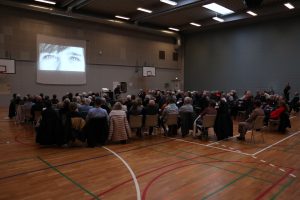
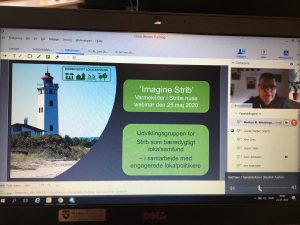
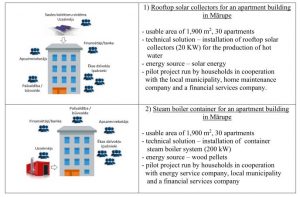
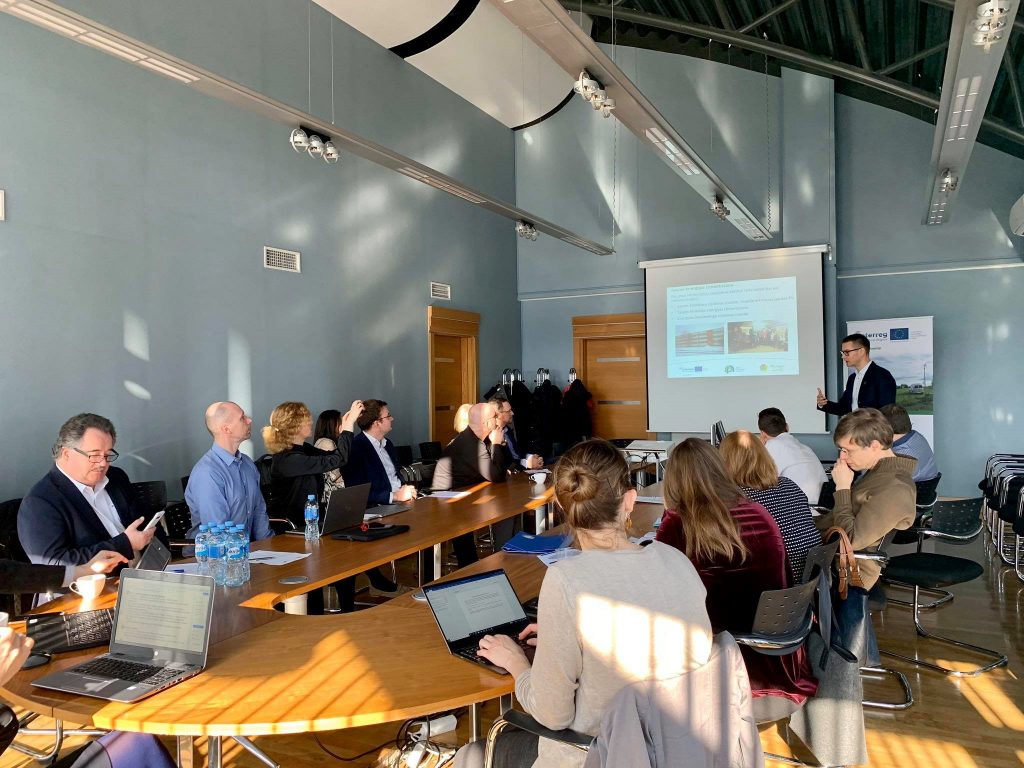
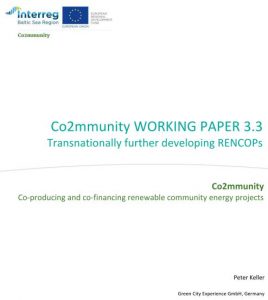 There is a new working paper available which summarises the activities conducted under work package (WP) 3.3 in the Co2mmunity project. You can find the report as well as more information about the content on the page
There is a new working paper available which summarises the activities conducted under work package (WP) 3.3 in the Co2mmunity project. You can find the report as well as more information about the content on the page